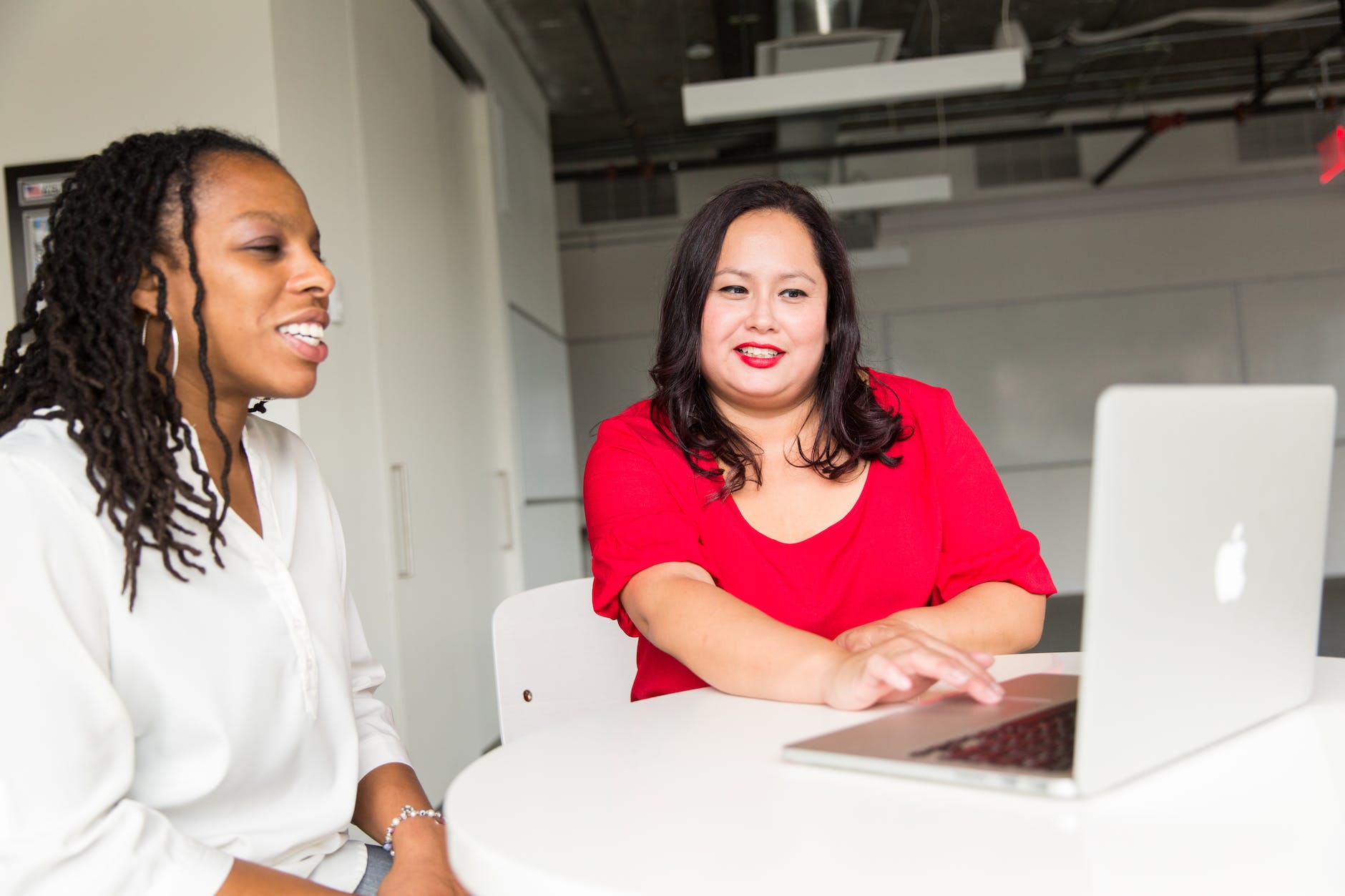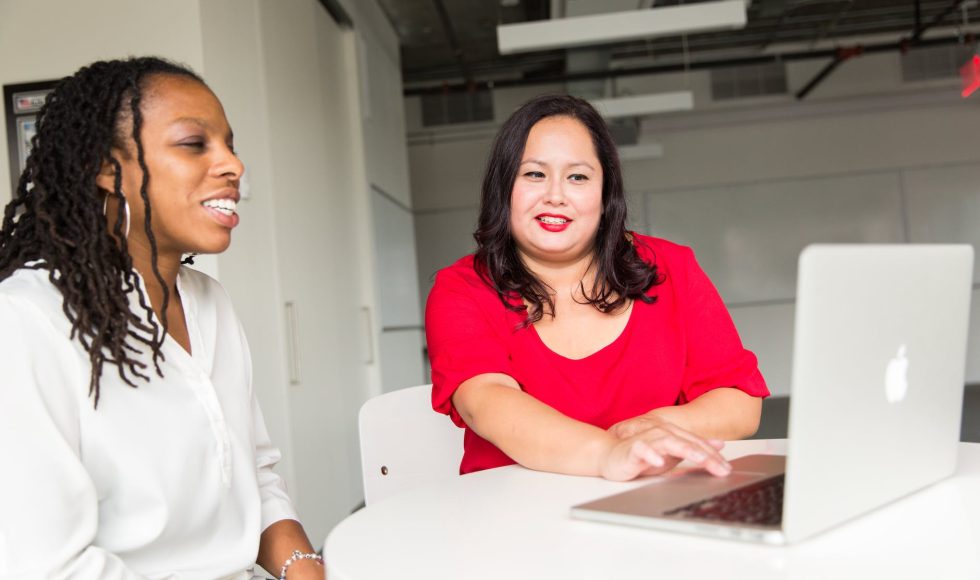Dr. Diedra Wrighting presented at the Online with LSE webinar series on “Teaching Undergrads to Communicate Science, Cultivate Mentoring Relationships, and Navigate Science Culture.” Wrighting is Executive Director of the ADVANCE Office of Faculty Development at Northeastern University in Boston. They emphasized the importance of mentoring and obtained funding to create a two-credit course in which students encounter new materials, reflect, and engage in activities. They had 33 students who participated in the course and most where upper division and STEM majors. Most participants were from underrepresented groups. The course, Wrighting explained, emphasized getting better at communicating science through practice. Students recorded 30-60 second intros, wrote abstracts, created graphical abstracts and slide decks, and designed a final presentation. Pre and post presentations were recorded and evaluated demonstrating gains. Wrighting explained that the course taught students to “embraced feedback” and maintain relationships with mentors. Pre/post surveys of self-disclosed comfort levels of participants indicated modest gains. Quotes from students suggested increased comfort communicating with mentors. Students learned concepts and were able to define them. Quotes from participants indicated they now have a lexicon to better navigate science culture. I thought it was interesting that one quote suggested that this knowledge alleviated their pessimism about science careers! Wrighting shared three takeaways:
- With practice, one can overcome reluctance to give/receive feedback.
- All students benefit from the social identity curriculum.
- Integrating these three concepts (science communication, mentoring, and psychosocial factors) yields synergy of learning.
Wrighting shared two questions they have focused on how can we measure the health of mentoring relationships and the impact of knowledge of psychosocial factors. In the future, they want to increase the information on mentoring. Wrighting thanked the students. The moderator, Dr. Erin Shortidge from Portland University, asked how Wrighting’s course promoted feedback. Wrighting shared that “feedback is an art form” and normalized practicing feedback. This concept is something I would like to further develop in BIT 295. Wrighting mentioned that they recruited students from numerous programs and groups across campus, including IMSD. During the questions and discussion section, Wrighting spoke about how students do a communications style inventory and are encouraged to do so with their mentors. This activity has the focus on learning how to communicate with others who may communicate differently and how to have difficult communications. The framing of how students were approached and told they would be recorded and would review their recordings was critical. The instructors were all trained mentors! I would love to participate and learn more. Wrighting shared that having the mentors in the class improved engagement and removed barriers. Wrighting noted that feedback could be shared anonymously too. Students were also joining the course with different levels of involvement/experience with research. An attendee mentioned tracking level of development instead of level of performance. That’s a good point to keep in mind. At first, the course was a dinner seminar and it changed into a morning 90-minute course. There was always food, noted Wrighting. One of the last questions was about how to include information about microagressions in productive ways without being triggering. Wrighting explained that participants now had the vocabulary and practice to talk about difficult topics. This session shared several ideas for ways to normalize feedback and improve mentoring that I may be able to use in courses and undergraduate research experiences.



